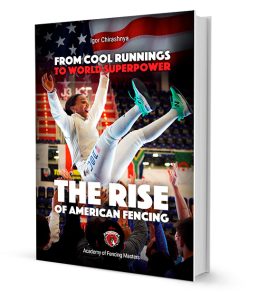So, we're in the fencing game, cheering for our kids, dreaming of those podium moments, national team nods, and maybe even a scholarship. Let's be honest; fencing is no cheap sport, and our time investment is off the charts. We're in it for the victories, both big and...








